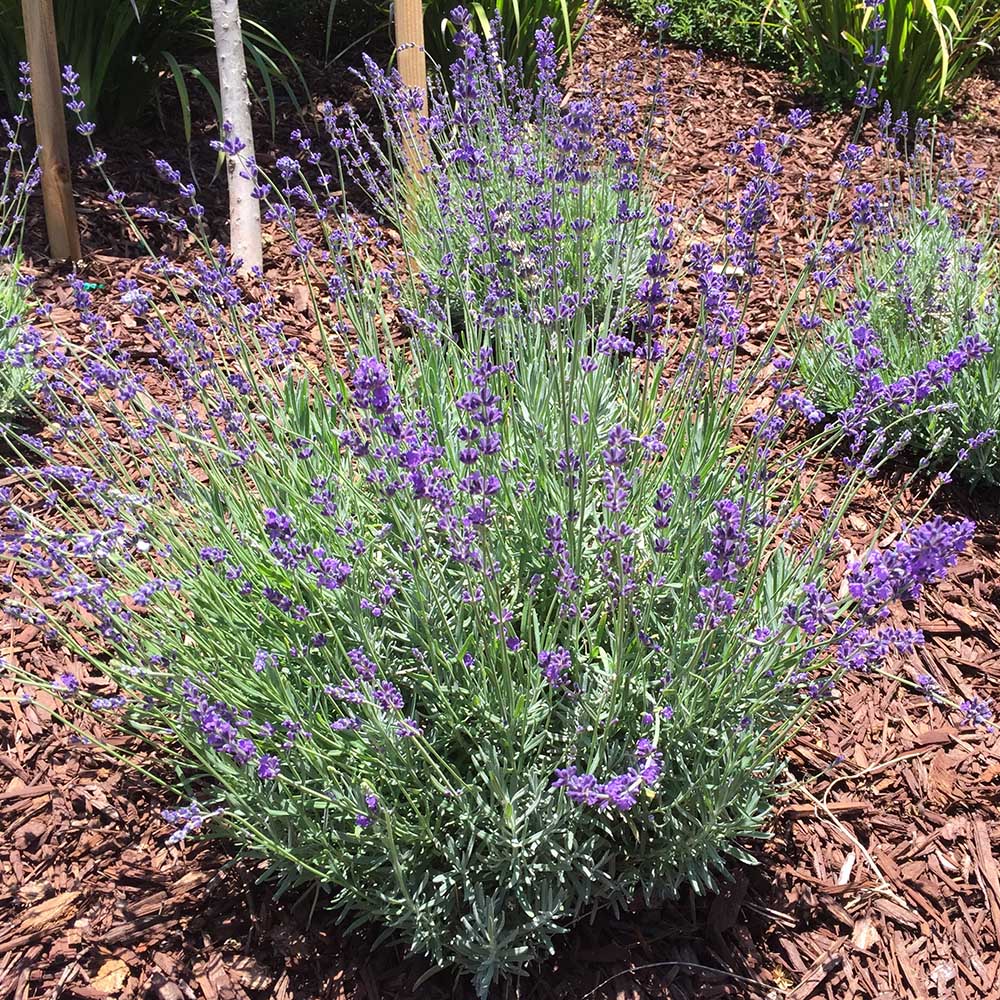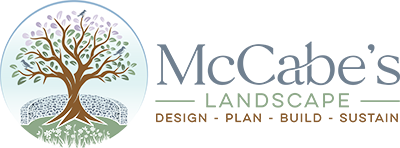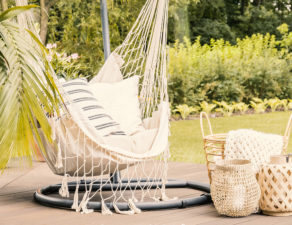
 Since prehistoric times, humans and even animals have naturally gravitated toward medicinal plants. It’s as if we instinctively knew where to look for the healing we need! Even today, many pharmaceutical medications are derived from plants. But you don’t need to rely on medications from the drug store, particularly for common mild ailments. Many healing plants are quite easy to grow in your own garden.
Since prehistoric times, humans and even animals have naturally gravitated toward medicinal plants. It’s as if we instinctively knew where to look for the healing we need! Even today, many pharmaceutical medications are derived from plants. But you don’t need to rely on medications from the drug store, particularly for common mild ailments. Many healing plants are quite easy to grow in your own garden.
Select the right plants. There are many factors to consider when selecting medicinal plants for your garden, such as:
- How much room do you have?
- How do the plants fit in with your overall landscape? Are aesthetics a concern?
- Watch out for aggressive, rapidly-spreading plants that could take over your entire garden (like mint).
- Consider the climate; what will grow well here?
- Do you have any particular health concerns? Research plants that might help heal conditions that you have, or prevent conditions that run in your family.
- Include one or two plants that are known to help with common ailments like colds. Everyone can use those!
- Contact us for more help selecting plants!
Ultimately, the species you choose will depend upon the above factors. But consider these common and easy-to-grow plants:
- Aloe Vera – great for soothing burns and other minor skin conditions
- Garlic – boosts your immune system and works as a natural antibiotic
- Ginger – soothes upset stomachs and promotes health digestion
- Dandelion – we’ve been hearing a lot of reports about the roots being a powerful anti-cancer agent
- Chamomile – this common herbal tea is a mild sedative and is often taken for fever and painful joints
- Lavender – the oil is known to relieve headaches, and a decoction of the leaves can help with stomach problems like nausea and vomiting
Those are just a few options… nature provides thousands of medicinal plants for almost any conceivable use!
Understand how to prepare your plants. In most cases, you aren’t simply going to eat plants straight from the garden. You should purchase a reliable resource book on preparing herbal remedies such as infusions, decoctions, cold extracts, poultices, fomentations, extracts, and tinctures. Learning these methods will help you to make the best use of your plants.
Consider other growing options. Aside from growing medicinal plants in your backyard garden, you have other options at your disposal. Some herbs grow quite well indoors, and many work great in living walls. Most can also be grown in pots if you dwell in an apartment with a balcony or small patio. Even if you don’t have a yard, you can find a way to grow at least a few basic medicinal plants.









Write a comment: